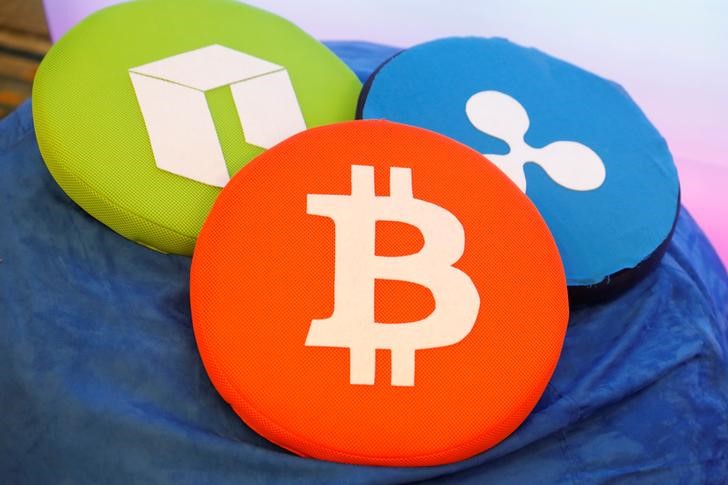- LCX exchange has lost $6.8 million in one of its hot wallets to hackers.
- PeckShield, a blockchain security company identified the hack.
- ETH, USDC, LINK, MKR, ENJ, SAND, and QNT were compromised.
LCX exchange has lost a gargantuan $6.8 million in one of its hot wallets to hackers. Coming up with the news, the company has officially confirmed the incident after it suspended deposits and withdrawals.
Incident Update: We are sorry to announce that one of our hot wallets had been compromised. We have taken security measures to protect other wallets and assets.1/3— LCX (@lcx) January 9, 2022
According to the report, a blockchain security company, PeckShield first identified the hack on a suspicious transfer of ERC-20 tokens from the LCX exchange to an anonymous ETH wallet.
hot wallet compromised? @lcx https://t.co/uL5a7oCFfM— PeckShield Inc. (@peckshield) January 9, 2022
Moreover, right after PeckShield’s report, the LCX exchange announced that more than eight types of tokens including ETH, USDC, LINK, MKR, ENJ, SAND, and QNT were compromised.
Meanwhile, LCX has not yet revealed any possible solution to help return the stolen funds. The exchange has only mentioned its security measures to secure other wallets and assets.
During this difficult period, we greatly appreciate the support from our customers, other exchanges, security experts, and the broader crypto community.
Coincidentally, the LCX exchange exploit came at the time when Bitcoin’s (BTC) price showed a drastic downward trend. However, apart from BTC’s dip nowadays, the entire crypto market is also showcasing red symptoms, indicating a bear market.
Seemingly, the crypto market rally this time seems to be going astray to traders’ imaginations. At the time of writing, the crypto market reflects a mix of reds and greens. But the red flags in the market dominate, compared to being bullish.
In fact, this week looks like quite a bad moment particularly for the flagship currency Bitcoin and the crypto market.
Disclaimer: The views and opinions expressed in this article are solely the author’s and do not necessarily reflect the views of CoinQuora. No information in this article should be interpreted as investment advice. CoinQuora encourages all users to do their own research before investing in cryptocurrencies.
